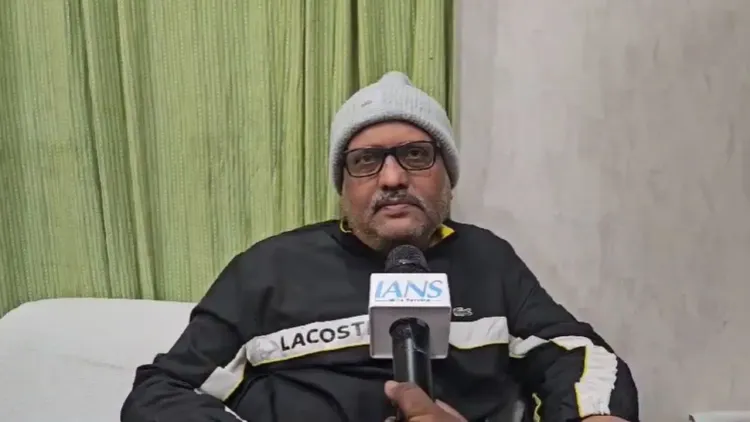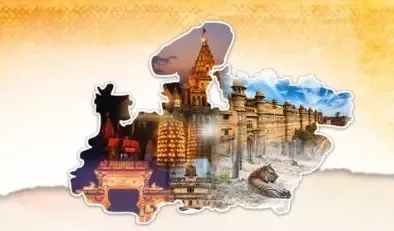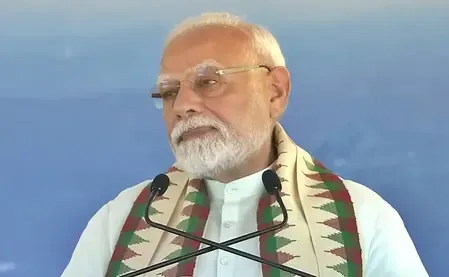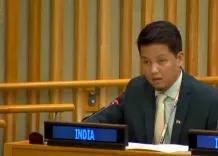Ajai Rai Commends Allahabad HC's Ruling on SP MP's Sambhal Violence Case

Lucknow, Jan 3 (NationPress) Congress leader Ajay Rai on Friday praised the Allahabad High Court's decision to halt the arrest of Samajwadi Party MP Zia-ur Rehman Barq related to the Sambhal violence case, following the court's earlier rejection of his request to annul the First Information Report (FIR) against him while mandating his cooperation with the police investigation.
In a conversation with IANS, Rai expressed approval of the court's decision, highlighting the significance of justice and fairness in this matter.
"I would definitely like to state that considering the current circumstances there, the atrocities and injustices perpetrated by the government must cease, and the populace should be permitted to visit there freely," he articulated.
"Though I am not present, keep in mind that whatever resolution the court arrives at, it will be embraced by everyone."
Regarding Union Home Minister Amit Shah's assertions about Article 370, where he claimed that the nullification of this provision for Jammu and Kashmir's special status resulted in a significant drop in terror incidents in the region by over 70 percent, Rai refuted the assertion. "Observe, Article 370 has been abolished. However, post-abrogation, terrorism has surged significantly. Previously, there were no terrorist incidents in Jammu, but now occurrences are on the rise. It has escalated, leading me to question whether Amit Shah is unable to manage the situation or if it has spiraled out of control."
Rai further criticized Shah’s leadership, urging him to prioritize addressing the genuine challenges confronting the nation instead of making remarks about history and constitutional amendments.
"I would advise Amit Shah to focus on the work at hand, rather than getting caught up in titles. Serve the people. Today, unemployment, inflation, and law and order have become profound issues. There is destruction all around. Strive to remedy it," he stated.
Shah had made his comments about Article 370 during the introduction of the book "Jammu Kashmir and Ladakh Through the Ages: A Visual Narrative of Continuities and Linkages", where he explored the historical context and the importance of Kashmir’s assimilation with India. He asserted that a distorted perception of the region's history had led individuals to regard Kashmir as separate from the rest of India, and that this viewpoint was countered through the abrogation of Article 370.








